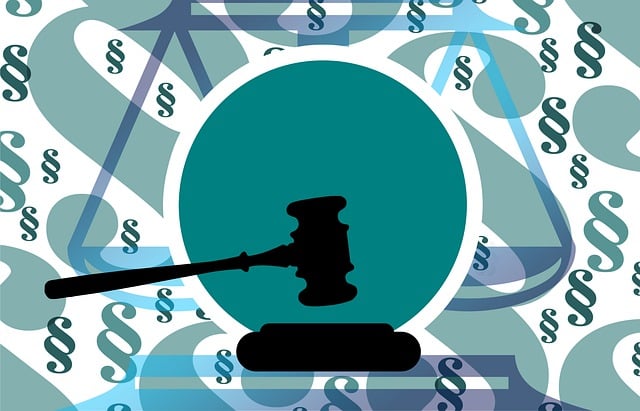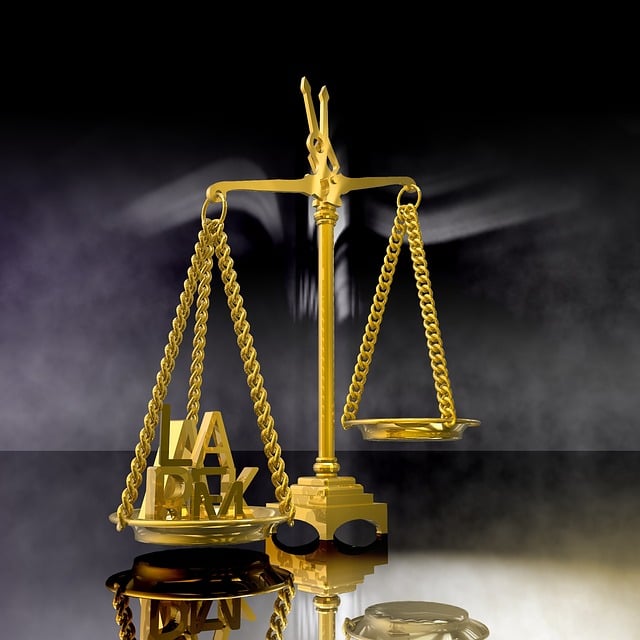Regulatory fraud laws protect consumers, investors, and the public from misleading industry practices. Individuals affected by such fraud can participate in class-action lawsuits to seek compensation, hold perpetrators accountable, and prevent future harm. To join, individuals must identify their eligibility, gather evidence, connect with specialized legal counsel, file a complaint within the timeframe, and stay informed about case developments. Understanding these steps is vital for protecting rights and maximizing potential outcomes.
Regulatory fraud laws play a pivotal role in safeguarding consumers and investors from deceptive practices. These laws hold businesses accountable for misleading or false representations, ensuring fair markets. If you’ve fallen victim to regulatory fraud, understanding your rights is crucial. This article guides you through the process of joining a class action lawsuit, outlining the steps involved. From identifying eligible cases to coordinating legal efforts, these steps ensure collective impact in holding wrongdoers accountable and seeking just compensation.
- Understanding Regulatory Fraud Laws: What They Are and How They Apply
- Who Can File a Class Action Lawsuit for Regulatory Fraud?
- The Steps to Join a Class Action Lawsuit Against Regulatory Fraud
- Important Considerations Before Engaging in a Class Action Lawsuit
Understanding Regulatory Fraud Laws: What They Are and How They Apply

Regulatory fraud laws are designed to protect consumers, investors, and the public from deceptive practices within various industries. These laws target situations where individuals or entities make false representations or omit crucial information to gain an unfair advantage, often resulting in significant financial harm. The application of these regulations spans diverse sectors, including finance, healthcare, and environmental protection.
Understanding these laws is crucial for anyone considering joining a class-action lawsuit. By examining patterns of fraudulent activity, such as misleading marketing, accounting scams, or environmental contamination, legal experts can help corporate and individual clients navigate complex legal paths. Through strategic litigation, successful cases not only seek compensation but also play a vital role in winning challenging defense verdicts, ensuring accountability and potentially avoiding indictment for those who have engaged in such illicit practices.
Who Can File a Class Action Lawsuit for Regulatory Fraud?

In the context of regulatory fraud, anyone who has suffered a financial loss due to misleading or fraudulent activities by a company or organization can potentially join a class-action lawsuit. These lawsuits are powerful tools for achieving extraordinary results in high-stakes cases, where corporate and individual clients may have been defrauded on a large scale.
The steps to join such a lawsuit involve reviewing the specific case details, ensuring eligibility based on the nature of losses incurred, and connecting with experienced legal counsel who specialize in class-action litigation. This process is crucial as it allows for collective action, where similar victims unite their claims, enhancing the potential impact and compensation.
The Steps to Join a Class Action Lawsuit Against Regulatory Fraud

Joining a class action lawsuit against regulatory fraud is a significant step that requires careful navigation. The first step is to identify if you have been affected by the fraudulent activity. This often involves gathering evidence and understanding the scope of the fraud, which can be complex and may require legal expertise. Once you’re certain that your rights have been violated, you need to locate an experienced attorney who specializes in class action litigation. They will guide you through the process, ensuring your claims align with the broader case strategy.
The next crucial step is filing a complaint or joining an existing one within the designated timeframe. This timeline varies based on jurisdiction and specific fraud types, so it’s essential to act promptly. After filing, the court will appoint class representatives and lawyers who will lead the litigation. As part of this process, it’s important to stay informed about case developments, attend hearings (if necessary), and collaborate closely with your legal team. Ultimately, a successful class action lawsuit can result in winning challenging defense verdicts, benefitting not only the respective business but also the philanthropic and political communities affected by the fraud.
Important Considerations Before Engaging in a Class Action Lawsuit

Before engaging in a class action lawsuit, several important considerations come into play. These suits can be complex and high-stakes cases, often involving large groups of individuals with similar grievances against a common defendant. The first step is to thoroughly evaluate your potential claim and understand the legal basis for the class action. It’s crucial to assess whether your case aligns with the criteria required to be part of the class. This includes evaluating damages, the strength of evidence, and the likelihood of success in court.
The process involves finding a qualified attorney who has experience in handling such cases and possesses an unprecedented track record for his clients. They will guide you through the steps to join a class action lawsuit, ensuring your rights are protected. This may include filing a notice of intent, participating in discovery processes, and ultimately taking part in negotiations or trials that could result in substantial monetary compensation for all participants.
Regulatory fraud laws play a pivotal role in protecting consumers and investors from unfair practices. By understanding these laws, individuals can navigate their rights effectively. If you’ve been affected by regulatory fraud, joining a class action lawsuit might be a powerful way to seek justice. The article outlines the clear Steps to Join a Class Action Lawsuit and provides Important Considerations to help you make an informed decision. Remember, collective action can lead to significant changes and hold wrongdoers accountable.






